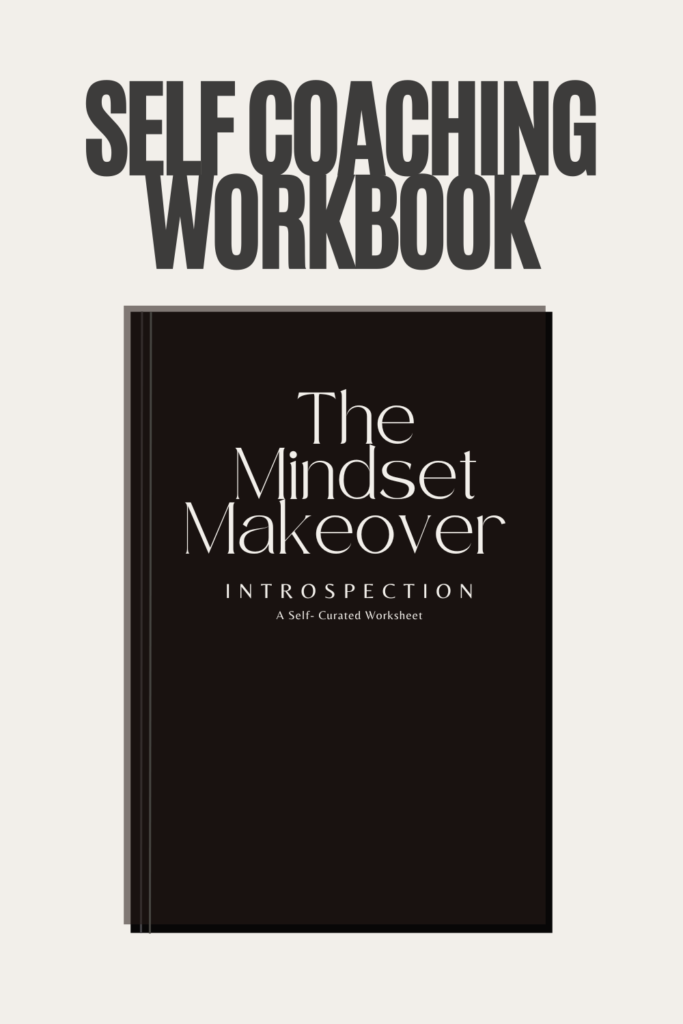In the journey towards self-employment, there are pivotal steps to take that can make all the difference between a smooth transition and a bumpy start.
I understand that the allure of being your own boss and carving your unique path is undeniable. Yet, it’s also accompanied by the uncertainty of leaving the familiar behind.
To guide you through this transformative process, I’ve crafted a comprehensive guide that outlines the 12 crucial things to do before quitting your job and diving into self-employment.
These steps are designed to empower you with the necessary preparation and insights to make your transition seamless and your business endeavors prosperous.
12 Key Steps Towards Self-Employment
1. Determine Your Niche
Before you make the leap to self-employment, it’s vital to define your niche. Research the market thoroughly to identify your target audience, understand their needs, and recognize any gaps in the market that you can fill with your expertise.
Your niche will serve as the foundation of your self-employed venture, so ensure it aligns with your skills, passion, and market demand.
2. Craft a Solid Business Plan
A well-structured business plan is essential to outline your goals, strategies, and financial projections. It acts as a roadmap for your self-employed journey and provides a clear direction for your business growth.
Address aspects like marketing strategies, pricing models, and short-term as well as long-term goals in your business plan.
Read more: STARTING STRONG: 14 GOLDEN RULES OF GOAL SETTING FOR BEGINNERS
3. Financial Preparation
Quitting your job and embracing self-employment requires financial stability. Establish an emergency fund that can cover your living expenses for at least six months.
This buffer ensures that you have a safety net during the initial stages of your self-employed venture when income might be inconsistent.
4. Legal Formalities
Register your business legally to avoid any potential issues down the road. Choose the appropriate business structure, obtain necessary permits and licenses, and ensure you comply with taxation regulations in your jurisdiction.
Consulting with a legal expert can provide valuable insights into navigating these formalities.
5. Build Your Online Presence
In today’s digital age, a strong online presence is non-negotiable. Create a professional website that reflects your brand identity and showcases your services.
Invest in search engine optimization (SEO) to ensure your website ranks high on search engine results, driving organic traffic to your platform.

Are you ready to be your own boss? Click on the link below..
6. Network and Establish Connections
Networking is a powerful tool for self-employed individuals. Attend industry events, join relevant online communities, and connect with fellow professionals.
Building a strong network can open doors to potential clients, collaborations, and partnerships.
7. Set Realistic Financial Goals
Being self-employed often means dealing with variable income. Set achievable financial goals that consider both short-term needs and long-term growth.
Break down your goals into smaller milestones to track your progress and stay motivated.
8. Invest in Skill Enhancement
Continuous learning is key to staying relevant and competitive in your industry. Invest in skill enhancement through workshops, online courses, and certifications.
This not only boosts your confidence but also positions you as an expert in your field.
9. Secure Initial Clients or Projects
Before taking the plunge, secure a few initial clients or projects. This provides a foundation for your business and ensures you have some income coming in as you transition.
Leverage your network and market your services to potential clients.
10. Create a Financial Cushion
Apart from your emergency fund, create a separate financial cushion specifically for your business.
This fund can cover unforeseen business expenses, marketing initiatives, and other costs that arise during your self-employed journey.
11. Time Management and Workspace Setup
Working for yourself requires discipline and effective time management. Designate a workspace that is conducive to productivity and minimizes distractions.
Develop a daily routine that allows you to balance work and personal life efficiently.
Read more: 11 TECHNIQUES ON HOW TO OVERCOME PROCRASTINATION THE EASY WAY
12. Seek Mentorship
Mentorship can provide invaluable guidance, especially when transitioning from traditional employment to self-employment.
Connect with experienced self-employed professionals who can offer insights, advice, and support based on their own journeys.
Frequently Asked Questions
FAQ 1: Is self-employment suitable for everyone?
Self-employment is a path best suited for individuals with a combination of skills, determination, and adaptability.
FAQ 2: How do I find the right niche for my self-employed venture?
Discovering your niche involves a blend of self-awareness and market research. It’s about aligning your strengths with market demands.
FAQ 3: What if I face financial challenges during my initial self-employed phase?
Building an emergency fund and creating a financial cushion specific to your business can provide stability and peace of mind.
FAQ 4: Is formal education crucial for success in self-employment?
While formal education is beneficial, continuous learning, skill development, and practical experience are equally vital in the realm of self-employment.
FAQ 5: Where can I find a mentor to guide me through self-employment?
Look for mentorship opportunities at industry events, online platforms, and professional networks to connect with seasoned experts.
Read more: MENTORS MATTER: A STEP-BY-STEP GUIDE TO FINDING GOOD MENTORS ONLINE
Wrap up
In conclusion, embarking on a self-employed journey is exhilarating and rewarding, but careful preparation is essential.
By following these 12 meticulous steps, you’ll be equipped with the knowledge and confidence to transition seamlessly into self-employment and build a thriving business.






















16 comments on “12 Proven Steps for Smooth Self-Employment Transition”
Meghan
These are great reminders of things we need to do before leaving our 9-5 and diving into our own business. This is extremely helpful for me, as I have started to take steps to begin to transition out of my 9-5. Thank you for sharing!
Lani
Hi Meghan,
I’m glad my post is on par with your journey through transition. I hope you achieve your goals soon.
Jeannie
Helpful tips! Its important to really have extra fund first before quitting a regular job.
Lani
Hi Jeannie,
Thanks for your comment. I totally agree with you, having some funds to back you up in case it takes a while to prosper in the new business is a must.
Stephanie
This article contains great information for those considering transitioning to self-employment. I wish I had read this before starting my own business – especially having a good business plan!
Lani
Hi Stephanie,
Thank you for your kind words! I’m pleased to hear that you found the article helpful for those considering self-employment. Business planning is indeed a crucial step, and it’s never too late to refine your approach.
Merritt
Great list, thank you sharing such a well thought out post.
Lani
Hi Merritt,
You’re very welcome! I’m delighted to hear that you found the list well thought out and valuable.
Ronda
Great article, planning for your transition is key, because building a business is NOT rolling out of bed at noon to sit in front of your laptop with a hot cup of coffee waiting for the millions to roll in.
Lani
Hi Ronda,
Thank you for your kind words! You’ve made an excellent point – building a successful business requires careful planning and hard work, not just a leisurely morning routine. I’m glad you appreciated the article’s message.
Nicolle
All super valid points and everything needs to be considered. Definitely make sure on the legal part and the finances. A mentor is a great support, especially during the beginning. Thanks so much for sharing!!
Lani
Hi Nicolle,
You’re absolutely right; considering legal and financial aspects is crucial when venturing into self-employment, and having a mentor can be invaluable during the early stages. I’m glad you found the points valid, and thank you for your appreciation of the shared insights!
Brandi Sunrises2Sunsets
Great tips! A few of these I haven’t thought of. Thank you!
Lani
Hi Brandi,
You’re very welcome! I’m glad to hear that you found the tips helpful, especially the ones that offered new insights. If you ever have more questions or need further guidance, don’t hesitate to reach out. Thank you for your feedback!
Melanie O'Brien
This was very timely as my husband is moving to become self-employed!
Lani
Hi Melanie,
I’m delighted to hear that the content came at a timely moment for you and your husband, especially as he’s making the transition to self-employment. If you have any questions or need further information or advice related to self-employment or any other topic, feel free to ask. Best of luck to your husband on this new journey!